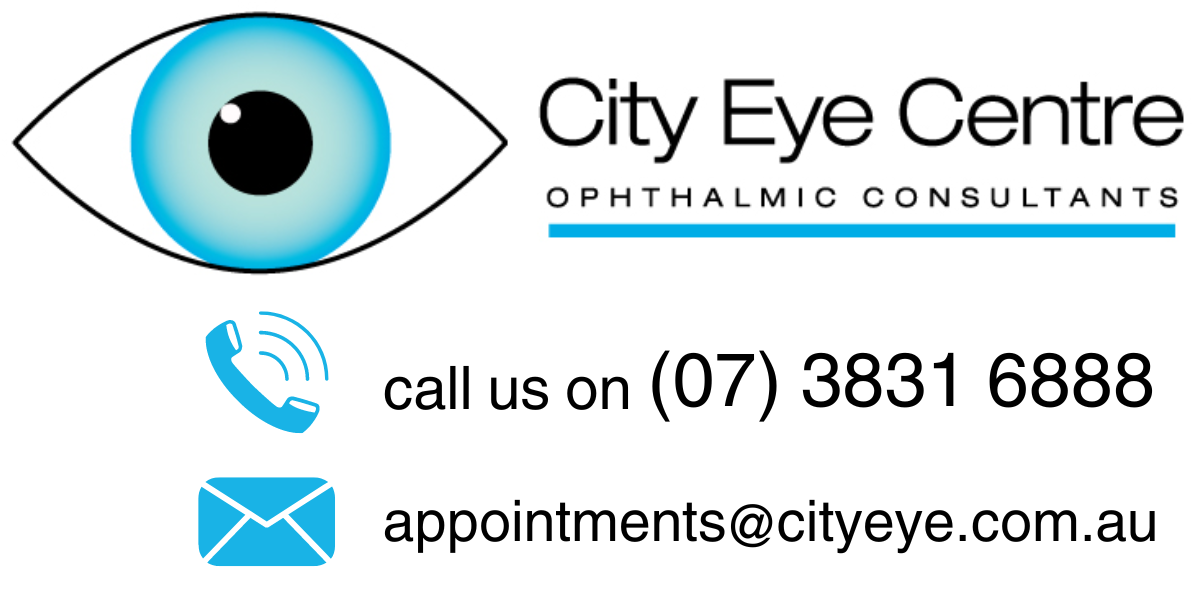
Did you know that the origin of the name for the common eye condition ‘cataract’ is an ancient Greek word ‘katarrhaktēs’ meaning waterfall? A rapidly down-rushing waterfall appears white in colour so the word ‘cataract’ may have been used to describe the white appearance of a mature cataract in the eye.
What is a cataract?
A cataract is a cloudiness of the normally clear lens inside the eye. Most people over the age of 70 will have some form of cataract development. There are some factors which may hasten the speed to which cataracts develop and they include: increasing age, previous eye injury or surgery, diabetes, excessive UV exposure, use of steroids, being highly short-sighted, or having a family history of cataract.
While usually considered as a normal part of the ageing process, the clouding of the lens can result in blurred, distorted vision as well as increased sensitivity to glare. A lot of people describe vision similar to “looking through a dirty or foggy window”. Some people may also experience double vision in one eye.
Symptoms from a developing cataract may include:
- Blurred, hazy, distorted or foggy vision
- Increasing difficulty with night time vision
- Increased sensitivity to glare and bright light
- Difficulty with reading, needing stronger light to read
- Difficulty with driving, seeing haloes around car lights
- Faded vision, objects appearing dim or yellowing
- Frequent change of prescription in glasses
- Double vision in a single eye
Cataracts usually develop slowly and may take years before it starts to affect your vision. When the cataract is mild, having better lighting and glasses may help you deal with the cataract. With time, the cataract may interfere with your daily activities and you may need to consider cataract surgery.
Is cataract surgery safe?
Cataract surgery is considered safe and effective. It’s commonly performed under monitored local anaesthesia as a day surgery procedure.
City Eye Centre is a leading specialist practice for cataract surgery in Brisbane. Our extensive expertise in this field is enhanced by our state-of-the-art technology and comprehensive pre-operative assessment. Understanding your lifestyle, what activities you enjoy doing, how you use your vision is also critical to the selection of the right intraocular lens type for you.
To optimise your recovery from cataract surgery, it’s important to follow some guidelines of eye care. Eye drops will be prescribed as part of the post-operative care to minimise risks of infection and control eye pressure and inflammation. It is important to avoid high impact exercise, swimming, and heavy lifting until your eye recovers. All our patients are closely monitored and we will address any concerns you may have during the recovery period.
Dr Lawrence Lee and his team at City Eye Centre offer extensive expertise in cataract surgery. Call us on (07) 3831 6888 to find out more or to book your next appointment.
